Trump Proposes Granting Green Cards to Foreign Graduates
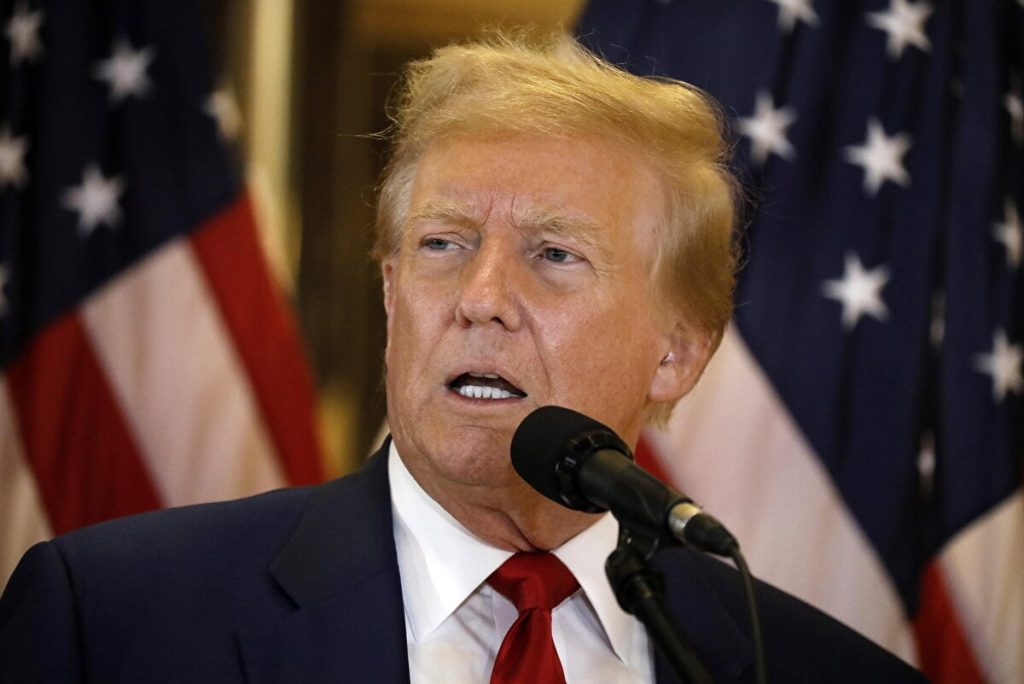
The campaign press secretary swiftly clarified former President Trump Proposes Granting Green Cards to Foreign Graduates.
Former President Donald Trump has proposed granting green cards to non-citizen graduates of American colleges, including those from junior colleges. This proposal, discussed on the “All In” podcast, represents a notable departure from his stringent immigration policies during his presidency.
“What I want to do and what I will do is you graduate from a college, I think you should get automatically as part of your diploma, a green card to be able to stay in this country,” Trump stated.
The Trump campaign quickly clarified that this policy would apply only to “the most skilled graduates” who undergo “the most aggressive vetting process” to exclude individuals deemed harmful to American interests. Karoline Leavitt, Trump’s campaign press secretary, emphasized that this vetting process would ensure that only those who could make significant contributions to America would be retained. Essentially, this eligibility profile would not differ from what is already in place.
ALSO READ: Trump Endorses Ten Commandments in Louisiana Schools
Critics, including the Biden campaign, have labeled Trump’s promise as insincere. “Trump’s empty promise is both a lie and an insult, especially to the countless people that have been permanently damaged by his first term in office,” said Biden campaign spokesperson Kevin Munoz.
During his presidency, Trump implemented policies that significantly curtailed legal immigration. These included a temporary freeze on new visas for foreign workers and increased scrutiny of visa extensions. Stephen Miller, a key advisor to Trump, championed these restrictive measures, arguing they were necessary to protect American jobs and wages.
However, Trump’s recent comments seem tailored to appeal to the tech industry and other sectors reliant on high-skilled immigrant labor. “It’s so sad when we lose people from Harvard, MIT, from the greatest schools,” Trump lamented.
The State Department reported that the U.S. hosted approximately one million international students in the academic year ending in 2022, with many hailing from countries like China and India. Granting green cards to these graduates would mark a colossal policy shift.
The Podcast Interview About Trump Proposes Granting Green Cards for Foreigners
On June 19, 2024, Donald Trump, the Republican presidential candidate, participated in a captivating podcast interview with venture capitalists on the popular show All-In. During the interview, Trump expressed his vision for the future, stating, “I firmly believe that when you graduate from college, you should receive a green card along with your diploma, granting you the opportunity to stay in this great country.” Trump’s proposal encompassed not only traditional four-year colleges but also junior colleges, ensuring that all graduates have equal opportunities. He emphasized his commitment to addressing this issue from the very first day of his presidency.
As expected, the media’s interest in Trump’s statement soared, prompting the Trump campaign to release a statement from their press secretary, Karoline Leavitt. In the statement, Leavitt highlighted Trump’s dedication to implementing the most rigorous vetting process in U.S. history. This process aimed to exclude individuals with communist ideologies, radical Islamists, supporters of Hamas, those who harbor anti-American sentiments, and individuals who burden the public. Leavitt emphasized that Trump intended to prioritize highly skilled graduates who could contribute significantly to America, but only after undergoing thorough vetting. Furthermore, she assured that these graduates would never undermine American wages or workers.
Under current law, the federal government can block the admission of public charges, Communist party members, and supporters of terrorism.
Trump’s Stance on High-Skilled Immigration During His Presidency
Throughout his presidency, Donald Trump often spoke about his preference for a “merit-based” immigration system. However, his actions and those of his appointed team revealed a lack of enthusiasm for welcoming highly skilled foreign nationals to the United States. His administration seemed to engage in a regulatory battle against companies, international students, and H-1B visa holders.
For many high-skilled foreign nationals, such as international students, H-1B visas provide the most viable option for long-term employment in the United States. Due to the lengthy process of obtaining an employment-based green card, foreign nationals typically need to secure an H-1B visa or another temporary status first.
Since Donald Trump assumed the presidency in 2017, his administration’s policies led to a significant increase in the denial rate for H-1B petitions for initial employment. In fiscal year 2018, the denial rate reached 24%, and it remained at 21% in fiscal year 2019. The amount of paperwork, in the form of Requests for Evidence, also skyrocketed. However, in 2020, a legal settlement compelled U.S. Citizenship and Immigration Services to halt several of the Trump administration’s practices, resulting in a decline in denial rates to 2%, which is closer to the historical average.
Donald Trump’s plan to grant green cards to all foreign graduates of U.S. universities faces significant practical and political challenges. Stephen Miller, a key immigration adviser to Trump, is staunchly against such a proposal and has actively worked to prevent it from becoming law. Miller has a history of advocating for reduced legal immigration, especially for high-skilled foreign nationals.
He has successfully implemented administrative restrictions to lower the number of immigrants admitted during Trump’s presidency. Additionally, Miller has shown admiration for the Immigration Act of 1924, which severely limited immigration to the United States.
ALSO READ: New Poll shows Biden Leading Trump for 1st Time in Months
In the past, Miller has been involved in efforts to undermine potential deals related to immigration policy. For instance, when Trump was close to reaching an agreement with Democratic leaders to protect Dreamers in exchange for border security measures, Miller worked behind the scenes to sabotage the deal. Reports suggest that he played a significant role in derailing the negotiations.
Furthermore, Miller was instrumental in persuading Trump to support the RAISE Act proposed by Sen. Tom Cotton, claiming that the bill would not reduce immigration. However, the bill aimed to slash legal immigration by half. These instances highlight the significant obstacles that Trump’s immigration proposals face, especially with Miller’s strong opposition and influence.
If Trump proposes granting green cards to foreign graduates of U.S. universities was transformed into a bill, it could face opposition from Miller and other immigration critics. One tactic would involve attaching conditions that Democrats would never agree to, like those found in H.R. 2, the Secure the Border Act, which was approved by the House of Representatives in May 2023 without any Democratic support. This strategy could prompt Democrats to block the bill in the Senate through filibustering.
Another option would be to link the proposal to measures that Democrats oppose, such as the elimination of all family-based immigration. Additionally, there are Republicans, like Sen. Mike Lee (R-UT) and Rep. Chip Roy (R-TX), who have voiced their disapproval of Trump’s idea regarding green cards for college graduates.
In 2022, Sen. Charles Grassley (R-IA) obstructed efforts to include a provision in the CHIPS and Science Act that would have exempted many international graduate students in science and technology fields from green card restrictions.
This provision, which had already been passed by the House of Representatives, represented a more modest immigration reform compared to what Trump had discussed in a podcast interview. If Trump had expressed support for it at the time, given his influence within the Republican caucus, it likely would have been enacted into law.
Trump’s desire to please the venture capitalist hosts of the podcast, one of whom even organized a fundraiser for him in Silicon Valley, might shed light on his enthusiastic support for a comprehensive immigration proposal.
It was during a conversation with podcast host Jason Calacanis that Trump was asked if he could commit to “providing us with more opportunities to bring the best and brightest minds from around the world to America.” Without hesitation, Trump assured that he would. Observant individuals on social media were quick to point out that Trump had made similar remarks on August 18, 2015, when he tweeted, “When foreign students attend our prestigious universities and wish to remain in the United States, they should not be expelled from our country.” However, once he assumed the presidency, Donald Trump did not actively pursue this policy.
 2024 Election Live Results: Former President Mahama Wins Election; Dr. Bawumia Concedes Defeat
2024 Election Live Results: Former President Mahama Wins Election; Dr. Bawumia Concedes Defeat 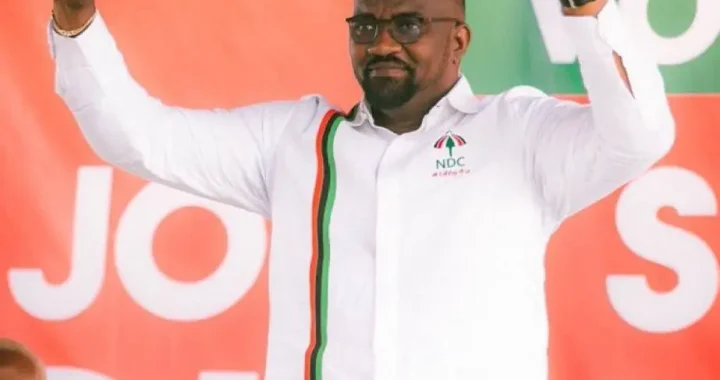 2024 Election Live Results: John Dumelo In Comfortable LEAD As Mahama Projected To Win
2024 Election Live Results: John Dumelo In Comfortable LEAD As Mahama Projected To Win 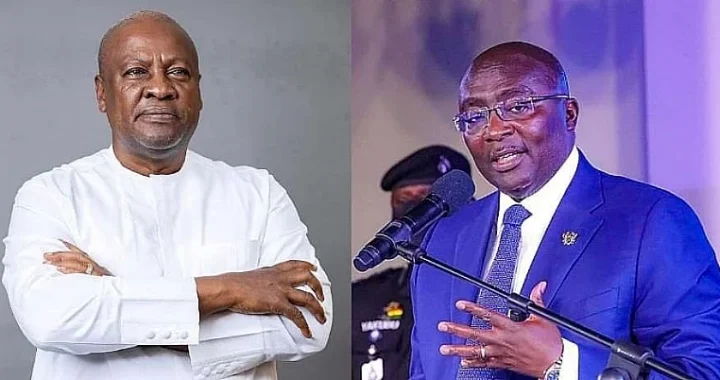 2024 Election Live Results: Provisional Results So Far; 5 Parliamentary Projections Declared
2024 Election Live Results: Provisional Results So Far; 5 Parliamentary Projections Declared 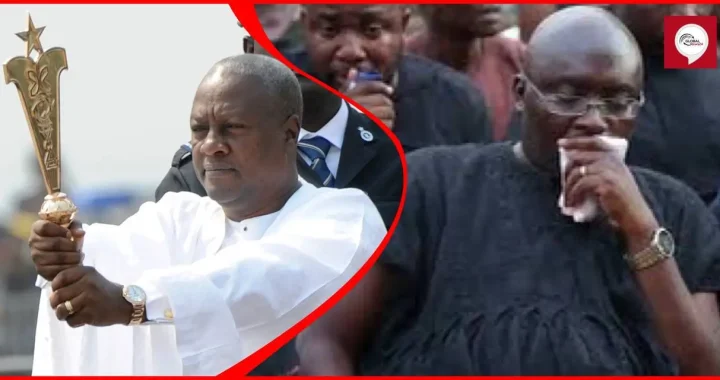 Election 2024: John Mahama Predicted To Win With 52.2%, Bawumia Trails With 41.4% – Full Report
Election 2024: John Mahama Predicted To Win With 52.2%, Bawumia Trails With 41.4% – Full Report  2024 Election in Ghana: Symbolic Meaning of NDC’s No. 8 on the Ballot Paper
2024 Election in Ghana: Symbolic Meaning of NDC’s No. 8 on the Ballot Paper 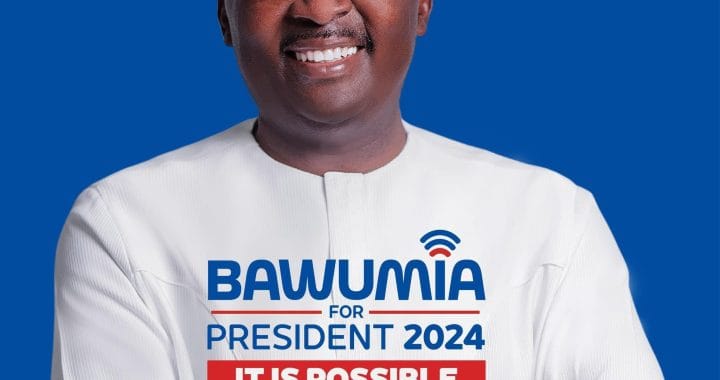 It is POSSIBLE NPP will lose the 2024 Election
It is POSSIBLE NPP will lose the 2024 Election  Accurate Football Predictions For Today, Saturday 8th March 2025
Accurate Football Predictions For Today, Saturday 8th March 2025  Champions League Predicted Correct Scores For Today, 5th March 2025
Champions League Predicted Correct Scores For Today, 5th March 2025